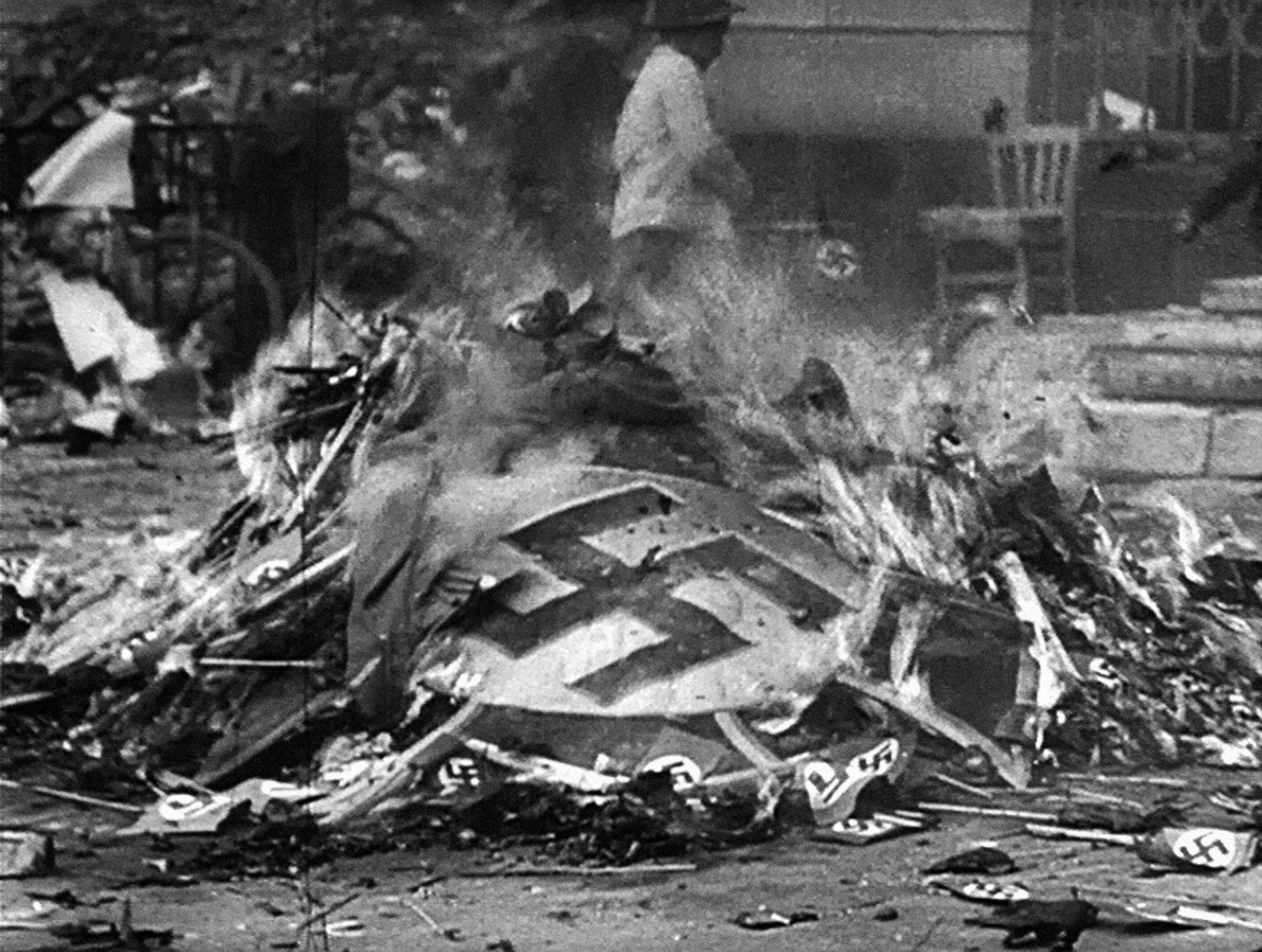Prologue: Kolibri and Raubvogel
A stab in the dark: The second German civil war

I will before anything else make the following clear: I actively despise Nazism, fascism and any other ideology that espouses similar hatred and endorsement or support of these will not be in any way tolerated. With that hopefully established, let's move on.
Prologue: Kolibri and Raubvogel
Munich, June 26th, 1934
A lone man in a Gestapo uniform marches down the silent streets of the city, looking around to assure himself he is not being followed before turning a corner and heading down the Barerstraße. His name is Willi Lehmann and in his hands he is carrying a letter that will change German history. He finally comes to a halt in front of a building emblazoned with the logo of the SA; once more scanning every inch of the street to make sure no one can see him. Sufficiently safe for the moment, he is suddenly hit by a feeling of doubt; this document can very well lead to disaster, most certainly for the party but also for his homeland. He glances down at the letter in his hand and steels himself before pushing it under the door. If the party is willing to kill these people, he could very well be next.
______________________________
Munich, June 30th, 1934
A small group of cars run across the wide road of the Autobahn in the early morning light. Men clad in leather and steel shift nervously in their seats as their moment of triumph approaches; the party will soon rid themselves of the last obstacles to the realization of German greatness. Speaking of roadblocks, is appears that a tree has fallen across the road. A man seated in a car in the midst of the convoy sighs and checks his watch; he would hate for his plan to be undone by a wayward piece of foliage. No matter, there is still plenty of time. He steps out of the car to issue orders, but his head suddenly explodes into a mess of blood, bone and brain matter. A cacophony of noise ensues as gunfire rakes the cars, with SS men and officers falling left and right as they struggle to fire back. Silence finally descends and armed men in brown uniforms emerge. Ernst Röhm, Stabschef of the Sturmabteilung smiles. The first part of Operation Raubvögel has been a success.

